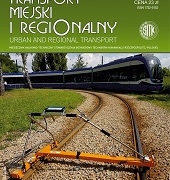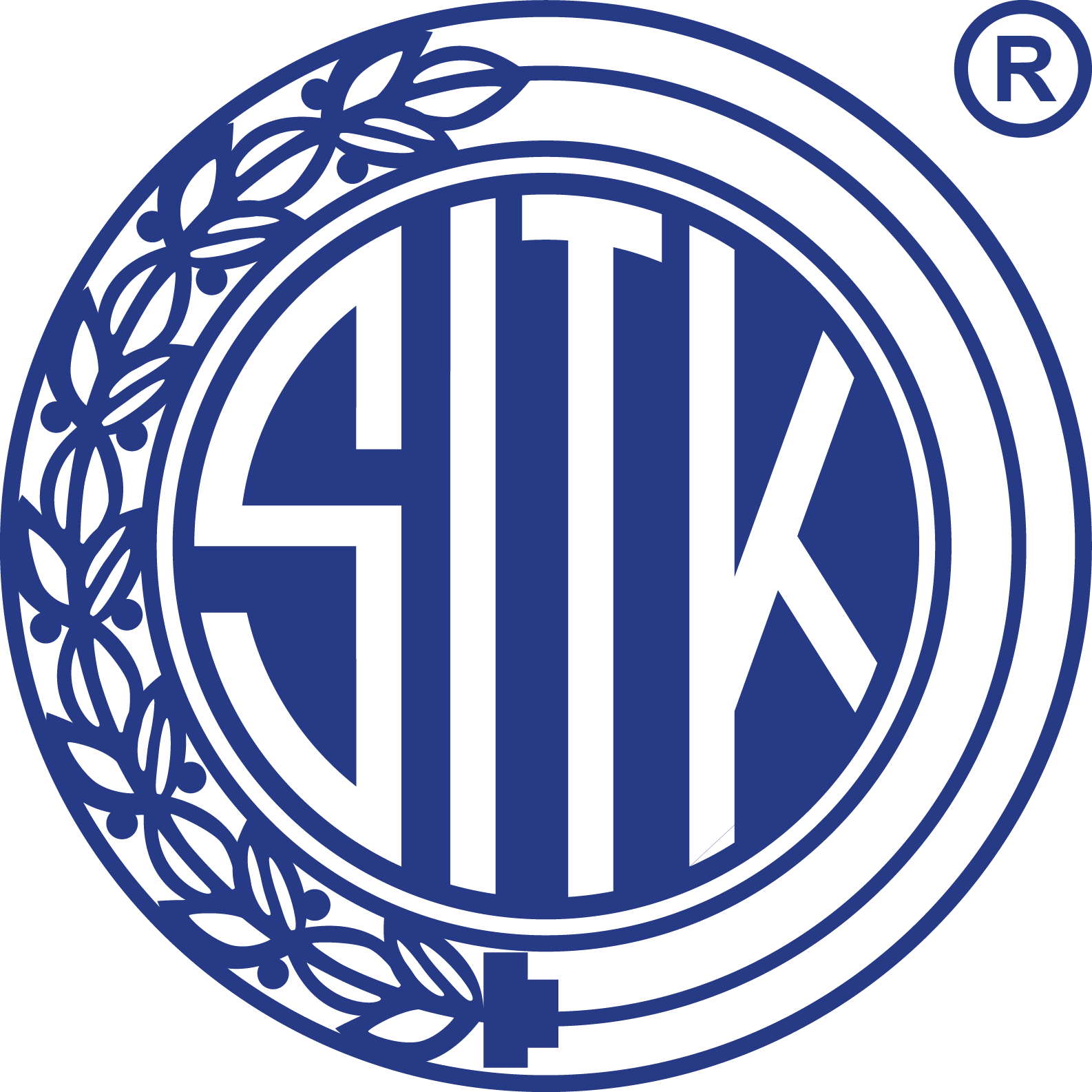Abstract 10/2017
Table of content
Jan Paszkowski, Rafał Kucharski – Urban road network capacity paradoxes and methods of their reproduction in four-step model
Jan Aleksandrowicz – The conception of free rides on Krakow’s fast commuter rail line during exceeded air pollution norms
Grzegorz Dyrkacz, Wiesław Starowicz – Good practices in urban public transport in Cracow to facilitate mobility for people with reduced mobility
Jarosław Pierzchała, Wiesław Starowicz – Survey study on the adaptation of public transport to the needs of blind and visually impaired people in Krakow
Abstracts
Jan Paszkowski, Rafał Kucharski
Urban road network capacity paradoxes and methods of their reproduction in four-step model
Abstract: This article contains an overview of topics connected with capacity paradox, both in mathematical approach, transport network design and analysis, and those connected with a change of inhabitants’ behavior, on the example of selected cities. Basic traffic assignment principles have been discussed, together with Braess paradox. Next, Lewis-Mogridge position and Downs/Thompson paradox are described, and attempt to find their reproductions in real situation. The continuation of the first part is a discussion about methods of reproduction of these paradoxes in four-step model. In the article a proposal to modify parameters on each step of this model to simulate various effects of network extension is presented. These parameters are associated with a change of number, origins and destinations of trips, modal split or peak hour share. This approach allows to reveal additional impact of adding a new element to road network, which are not included in standard four stage model, but can reduce positive impact of new investment to traffic conditions in the city.
Key words: city road network, capacity, four-stage model
Jan Aleksandrowicz
The conception of free rides on Krakow’s fast commuter rail line during exceeded air pollution norms
Abstract: The article presents the conception of free rides on Krakow’s fast commuter rail lines during high air pollution. Various modes of organization of free rides in public transport have been described in the article. Particular attention was paid to the activities of public transport organizers in cities and railway undertakings aimed at realizing free passenger rides during exceeded air pollution standards. The article also describes current legal regulations in force in Krakow and the concepts of their extension to rail travel. The article presents an analysis of the concept in terms of its costs and potential profits.
Key words: fast commuter rail, free rides, smog
Grzegorz Dyrkacz, Wiesław Starowicz
Good practices in urban public transport in Cracow to facilitate mobility for people with reduced mobility
Abstract: Continual urban development determines necessity for cyclical changes in the functioning of public transport. This article describes good practices that the Municipal Transport Company in Cracow is introducing to continuously improve quality of its services. Priority is given to travel safety and constant improvement of passenger comfort in their daily transport by public transport in Cracow, with particular regard to people with reduced mobility. This article discusses a number of activities at various levels, starting with the stops and connected infrastructure of the rolling stock, training for employees, which makes use of public transport in Cracow easier and more comfortable. In order to follow changing passenger expectations and to apply new technologies available in today’s world, it is necessary to continue to implement innovations making public transport more attractive than individual transport and also accessible to people with reduced mobility.
Key words: urban transport, public transport, innovations, people with reduced mobility
Jarosław Pierzchała, Wiesław Starowicz
Survey study on the adaptation of public transport to the needs of blind and visually impaired people in Krakow
Abstract: This article aims to present the problems, situations and inconveniences most often encountered by blind and visually impaired people traveling on public transport in Krakow. The survey conducted among the blind and visually impaired persons was the basis for identifying problems and evaluations. Problems in locating the bus stop, the best sources of information about the timetable and oncoming vehicle, problems getting into the vehicle, traveling and disembarking and the extreme evaluation of dissatisfaction and satisfaction with urban public transport have been have been studied. According to the respondents, collective public transport in Krakow has been slowly becoming more and more friendly. Its overall rating on the scale of 1-10 is 6.
Key words: public transport, blind persons, visually impared people
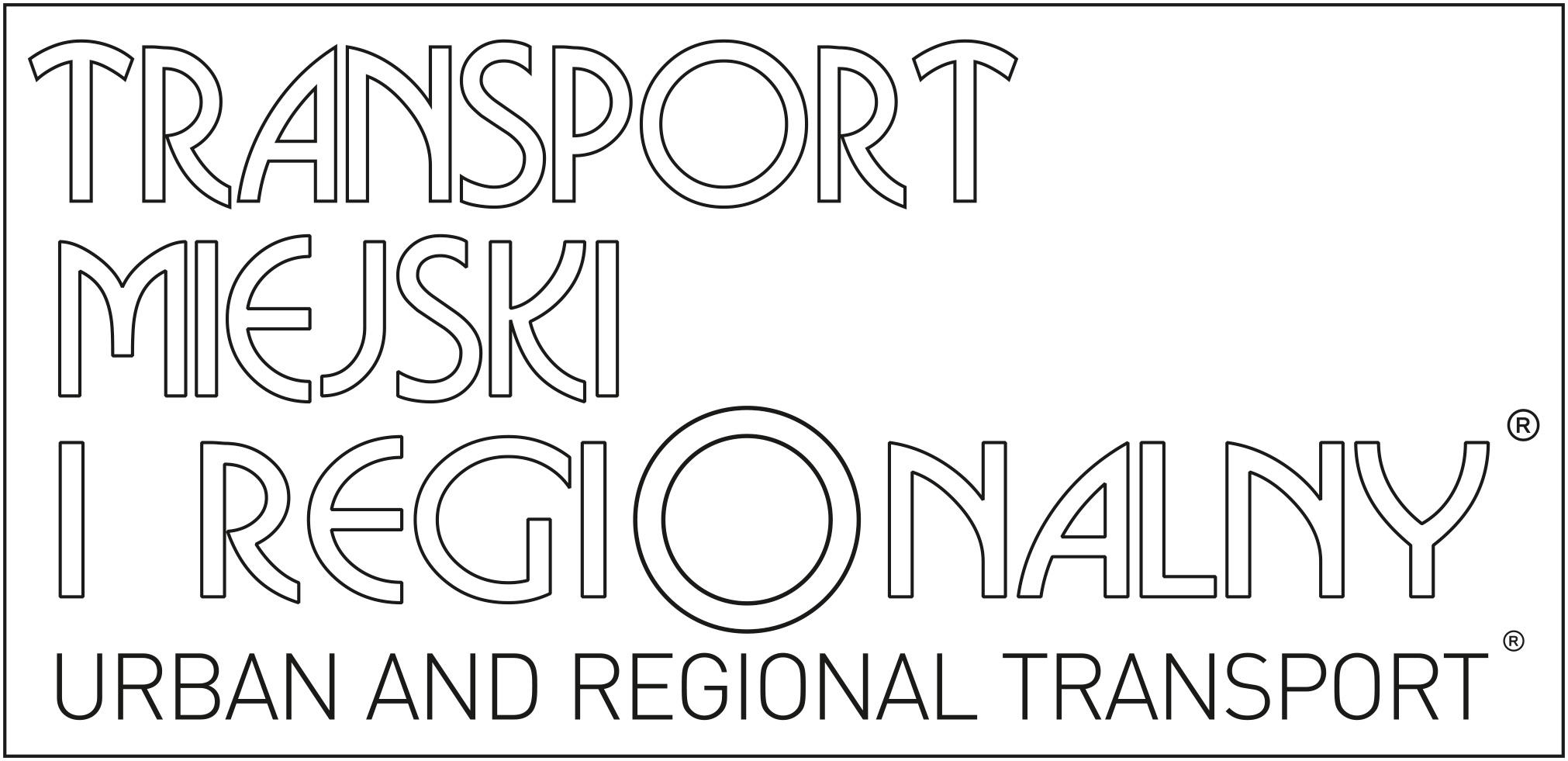
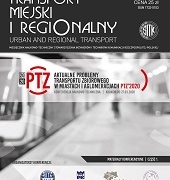
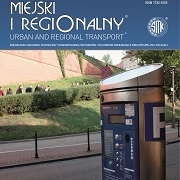 Wydawnictwa SITK RP
Wydawnictwa SITK RP 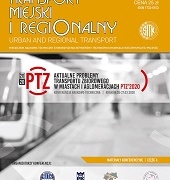
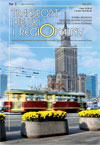 SITK RP
SITK RP 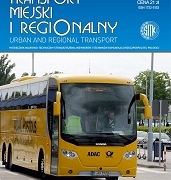 SITK RP
SITK RP 